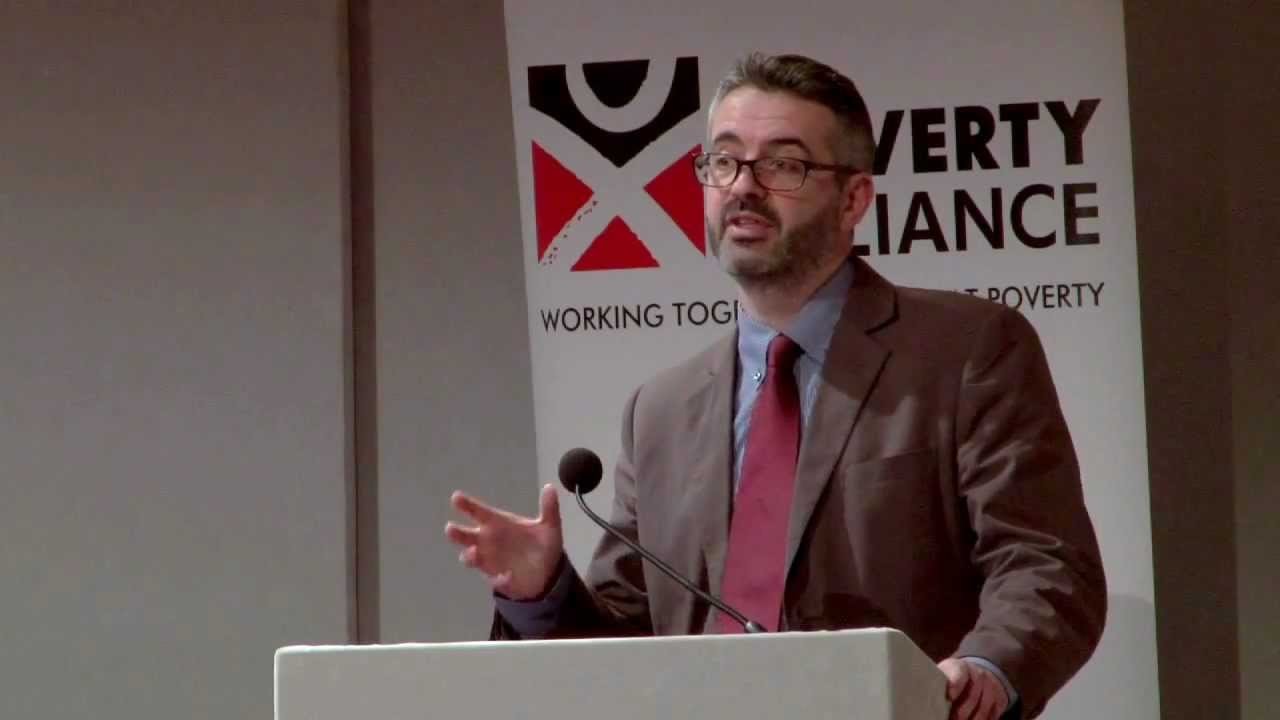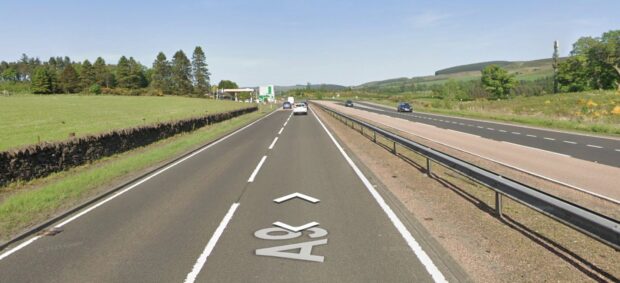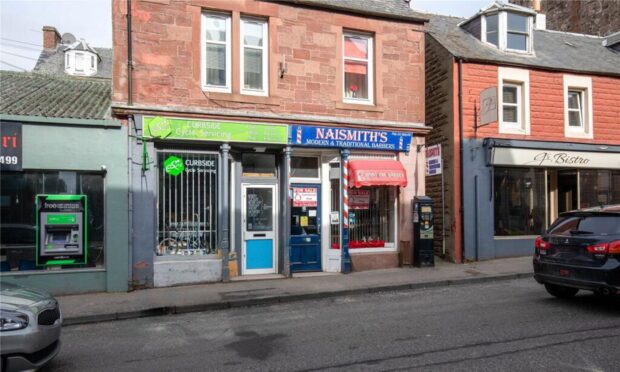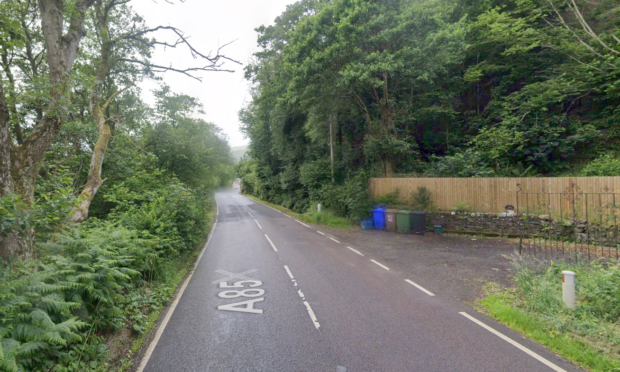Hundreds of low wage workers across mid-Scotland and Fife are struggling to put food on their tables, according to a new study.
One in five regularly skip meals as they fight the crippling burden of rising debt and the stress that accompanies it.
The Poverty Alliance said many people in the Tayside and Fife areas are also falling behind on bills, rent and mortgage payments, leaving them in danger of losing their homes.
Many are topping up their incomes with credit cards and loans to get by, sending many into even more debt.
Director of The Poverty Alliance, Peter Kelly, said almost half-a-million people across the country now have their lives blighted by in-work poverty.
He said: “Our research paints a worrying picture of low earners scraping by, struggling to pay basic bills, skipping meals and feeling a lot of stress. In 2017, in a country like Scotland, that should not be the case.”
The findings come as the housing and homelessness charity Shelter Scotland reveals a 24% increase in evictions across Scotland’s social rented sector over the past two years.
It said too many of the country’s “most vulnerable and struggling” individuals and families were being put through “the stress and trauma” of legal action and the threat of losing their homes because of their trouble with rent arrears.
The Poverty Alliance surveyed 1,024 adults across mid-Scotland and Fife from all income brackets, ranging from 18 to 64 years old.
It found that around a fifth (21%) had fallen behind with household bills in the last year, while 24% had topped up their income with a credit card or loan.
One in ten (10%) had fallen behind with their rent or mortgage payments and 36% said financial stress was affecting their working life.
The survey also showed 46% of those earning less than £14,000 were so stressed about their finances that it was negatively affecting their work life.
Well over a third (37%) had fallen behind with household bills in the last year and 34% said they were regularly skipping meals.
More than a quarter (28%) had topped up their income with a credit card or loan and more than one in five (22%) had fallen behind with their rent or mortgage payments.
The figures echo those released by the Perth Citizens Advice Bureau, which in recent years has found that the greatest increase in problems with debt are being experienced by those in work.
During 2016, the Bureau’s staff helped people deal with debts totalling £8 million and predicted the picture would only get worse over the next 12 months.
Its chief executive, Sandy Watts, warned that without swift action and major welfare reform the future was bleak for individuals, families and councils – as it believes rising debt could lead to an explosion in unpaid council tax and council rent.










